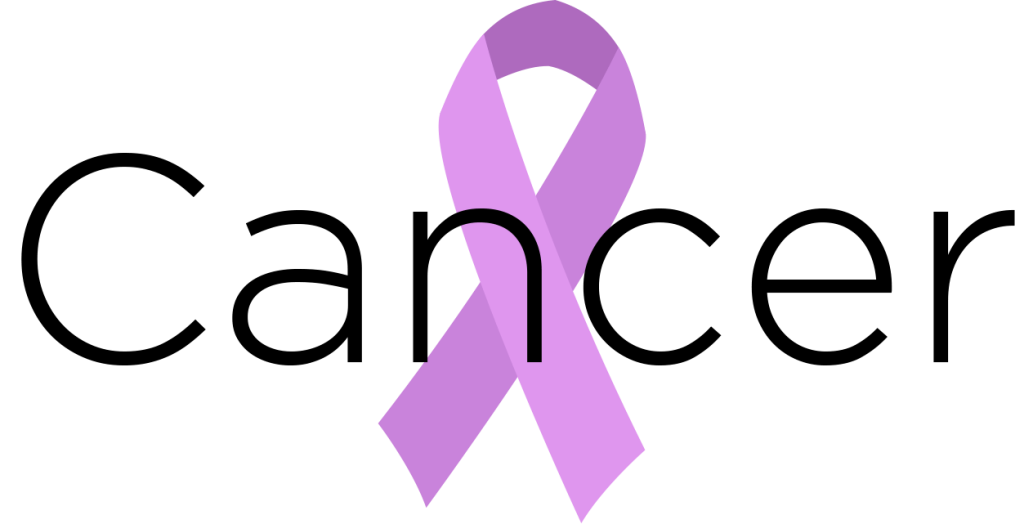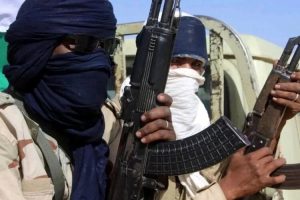
The World Health Organisation Regional Director for Africa, Dr. Matshidiso Moeti, on Sunday said the cancer situation in Africa is disheartening.
Dr Moeti, in a statement to commemorate the 2024 World Cancer Day, stated that “approximately 882,882 new cancer cases occurred in the WHO African Region with around 573,653 deaths”.
According to her, about 50 per cent of new cancer cases in adults in the region are due to breast, cervical, prostate, colorectal, and liver cancers.
She warned that if urgent measures are not taken, cancer mortality in the region is projected to reach about one million deaths per year by 2030.
She further added that in 20 years, cancer death rates in Africa will overtake the global average of 30 per cent. This is more so because cancer survival rates in the WHO African region currently average 12 per cent, much lower than the average of over 80 per cent in High-Income Countries.
Recall that on February 4th of every year, the world unites to raise awareness on cancer issues. Between 2022 and 2024, the focus of World Cancer Day is to help “Close the cancer gap.”
This year marks the third and final year of the campaign. This year’s theme, “Together, we challenge those in power,” encompasses the global demand for leaders to prioritise and invest in cancer prevention and care and to do more to achieve a just and cancer-free world.
According to the National Cancer Prevention and Control Plan (2018-2022), cancer is responsible for 72,000 deaths annually in Nigeria, with a reported 102,000 new cases each year.
However, Moeti commended the progress made in cancer prevention and care in Africa.
WHO urges e-cigarette regulation
“For instance, 17 countries have introduced high-performance-based screening tests in line with the WHO recommendations.
“Also, 28 of our Member States have introduced nationwide HPV vaccination to reach about 60 per cent of the priority population targeted with HPV vaccination.
“This year’s theme is auspicious as it reinforces all persons and groups’ universal right to health. We believe that regardless of socioeconomic status, geographic location, age, and gender, every person must be afforded an equal chance at the prevention, diagnosis, and treatment of cancer,” she said.
While calling on the region’s countries, communities, partners, and civil society to unite and foster universal access to cancer prevention and care. Stakeholders must identify feasible priorities, implement evidence-based population-wide interventions, and invest in cancer control.





